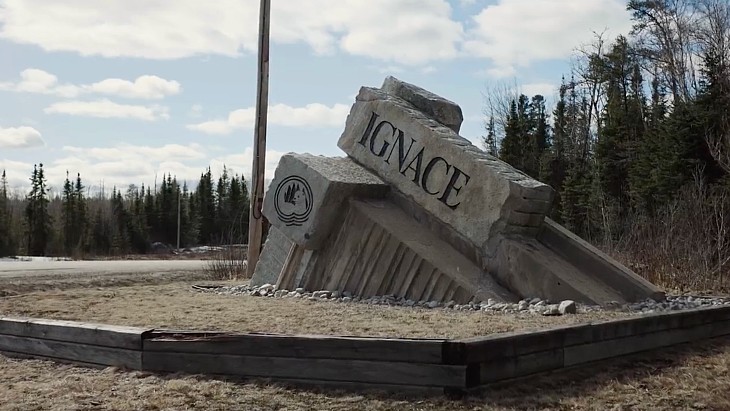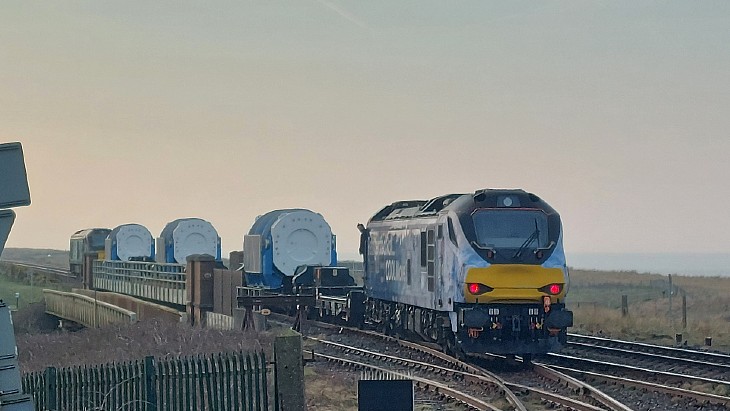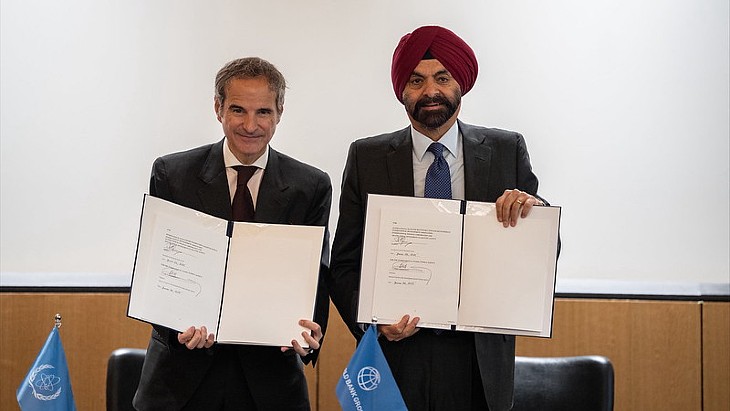New techniques used in US legacy reactor decommissioning
.jpg)
The Argonne Fast Source Reactor was built in the 1950s at INL's Materials and Fuels Complex to create neutron fields that exposed materials to a radioactive environment. The reactor ceased operations in the early 1980s, but construction of new buildings and research facilities continued around the reactor in subsequent years. Its location inside the active Electron Microscopy Laboratory, and next to research facilities, required precise and efficient demolition work, EM said.
.jpg.aspx)
Cut blocks, weighing up to 2270 kg, are removed
by gantry crane (Image: DOE EM)
Fluor Idaho and Battelle Energy Alliance worked together remove the old reactor while limiting the impact on research schedules and other ongoing laboratory operations. This included cutting and removing the reactor's 4.5 foot (1.4 m) thick shield. The demolition team decided a diamond wire saw would be the most effective means to remove the structure's shield, which was not radiologically contaminated. The saw uses a cable and a pulley system that puts continuous tension on the surface it cuts through. Crews sliced the reactor into 56 blocks, each weighing between 3000 and 5000 pounds (1360-2270 kg), and removed them with a gantry crane.
Fluor Idaho is EM’s site contractor at INL. Battelle Energy Alliance manages the laboratory.
.jpg.aspx)
The exposed centre of the reactor after cutting with the diamond saw (Image: DOE EM)
_17992.jpg)
_75800.jpg)









